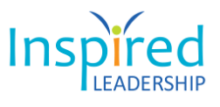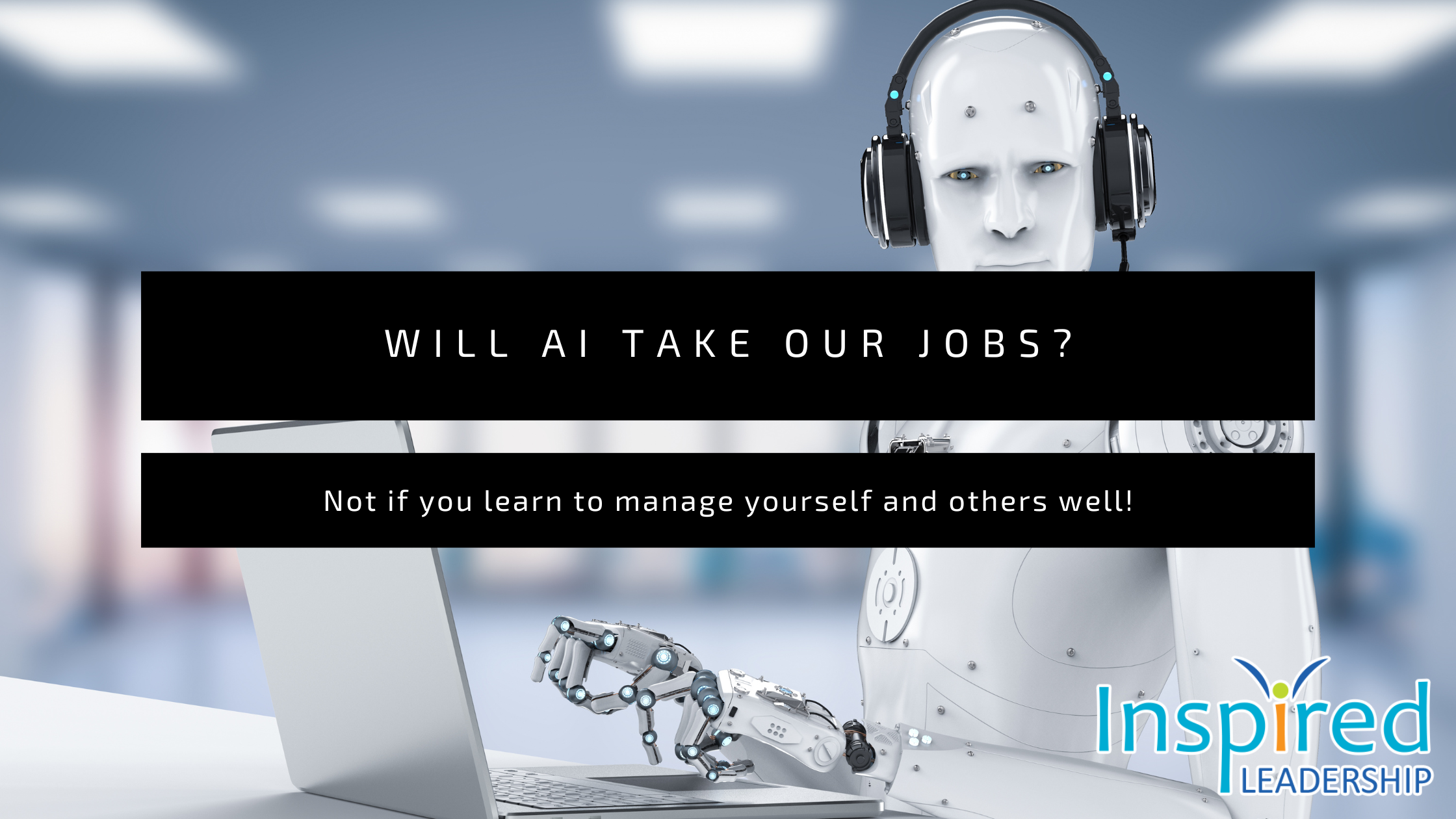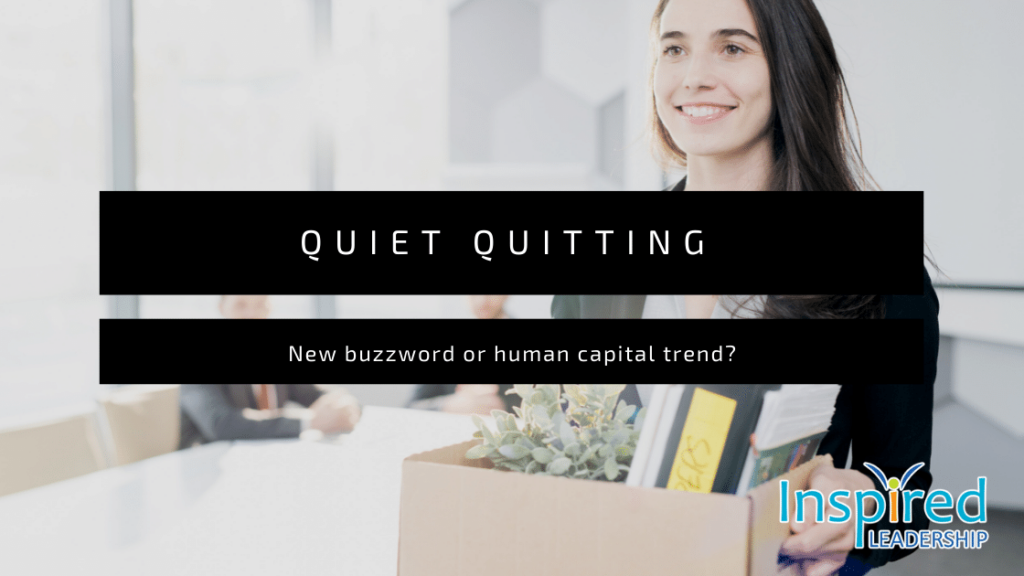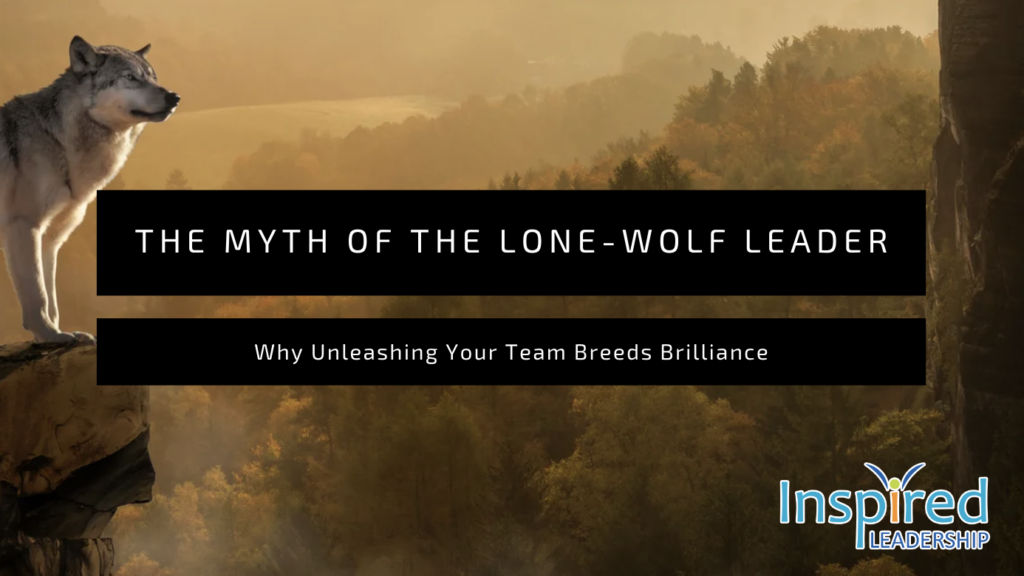The Fear of Robot Overlords:
With the rise of artificial intelligence (AI), whispers of job displacement have sparked widespread anxiety. Will robots like my new vacuum cleaner, Stephan, soon render human workers obsolete? While certain tasks face automation, the reality is more nuanced.
Not Humans vs. Robots, but Humans with Robots:
While AI will impact job functions, studies suggest a net job creation, not mass extinction. Leaders like Upwork’s C-suite plan to leverage AI for increased hiring. Similarly, research shows replacing humans entirely often proves cost-prohibitive. Instead, AI tends to augment existing roles, leading to evolution, not elimination.
AI as Partner, Not Overlord:
Generative AI (gen AI) and large language models (LLMs) increasingly function as virtual assistants. In software development, for example, AI platforms complement human coders by reviewing, debugging, and generating code based on natural language instructions.
Shifting Skillsets: From Knowledge to Allocation:
Some suggest we’re transitioning from a knowledge-based economy to an “allocation economy,” where humans manage, train, and make decisions based on AI outputs. This shift necessitates different skillsets:
- Critical Thinking and Judgment: AI can crunch data, but humans bring the wisdom to interpret and apply it.
- Collaboration and Communication: Teams will need to seamlessly integrate AI tools into their workflows and communicate effectively with each other and AI systems.
- Lifelong Learning: The ability to adapt and learn new skills continuously will be key to navigating the evolving landscape.
The Bottom Line:

AI isn’t the enemy, but a powerful tool. By preparing our workforce with the right skills and adapting our strategies, we can navigate the future of work together, not as competitors, but as collaborators.
What does this mean for our workforce strategies and employees’ development needs?
5 ways for HR to get AI_GILE
1. Understand AI and use it smartly and ethically. Apart from helping to make work more efficient, AI can be leveraged to make better workforce decisions. For example, AI can help flag potential bias in recruitment and performance management processes, and might even help identify employees at risk of disengagement. By learning about AI’s limitations (particularly around ethical data usage) and implementing responsible AI practices, HR can maintain the credibility to keep people at the centre of governance.
2.Lead the talent and skills conversation. If you haven’t already, do your research both internally and externally to learn how different roles and functions are already being enhanced or streamlined by AI tools, and what new needs are emerging. This will enable you to proactively drive the conversation with line around their future hiring needs and potential role redesign. More broadly, keep an eye on the emergence of new roles in the market.

3.Recruit for adaptive and “meta” skills. Given how many roles will be impacted by future technological advancements, ensure that you target talent with the right attributes and potential to adapt. Apart from complex problem-solving skills and nontraditional thinking styles, hire people with curiosity, an appetite for lifelong learning, and the capabilities to self-manage.
4.Consider the implications for managing existing employees. For example, when coaching and mentoring developers who are increasingly using AI platforms to optimise code, the focus may shift to learning prompt engineering, problem framing, and how to exercise judgment in uncertainty.
5.Ask: How can we be a learning organisation? HR and L&D have a critical role not just in training people to learn new skills and capabilities, but in enabling an organisational culture that supports them as they adapt to constant changes. By truly understanding and then communicating the opportunities that AI presents, Human Capital can help allay employees’ fears, and encourage managers to do so too.
What can workers do to stay competitive?
If you have yet to enter the job market or are considering something new, there are many new and emerging roles and career paths to explore in the field of technology – from data scientists to cybersecurity analysts and legal consultants specialising in AI Ethics. If you already employed, here are some general pointers:
1.Learn how to use genAI platforms in your job – Learn how AI works, including its limitations and ethical considerations – and then find ways to apply it in your current job. This makes you more valuable and marketable to employers. The more practice you get using generative AI to help you work smarter, the more you can develop the higher-order skills that will help you stay competitive in future. Speaking of “meta” skills…

2.Learn to think like a manager. Anyone using an AI assistant is essentially a manager – of models and/or nonhuman agents rather than people. Being able to articulate a clear vision of what you want, translate outcomes into effective instructions or prompts, evaluate and refine results as you get them, and know when to get into the detail – these are skills usually associated with getting work done through others, but now they apply to getting work done through AI. Consciously practising these skills will set you up as a more effective contributor, and potentially as a future team leader. Just don’t neglect the human skills, of course, because regardless of what technology you use, we all still work with, and ultimately for, real people.
Do you need to equip your organisation to lead themselves and others well? Download our brochure to find out how we can help.
Further Reading and References
AI still far more expensive than humans in most jobs: MIT Study – by Prasanth Aby Thomas
AI will kill these jobs (but create new ones, too) – by Lucas Mearian
How AI can give companies a DEI boost – by Linda Rosencrance
The Knowledge Economy Is Over. Welcome to the Allocation Economy – by Dan Shipper
What is generative AI? Artificial Intelligence that creates. – For a deep dive into how generative AI works. By Josh Fruhlinger





